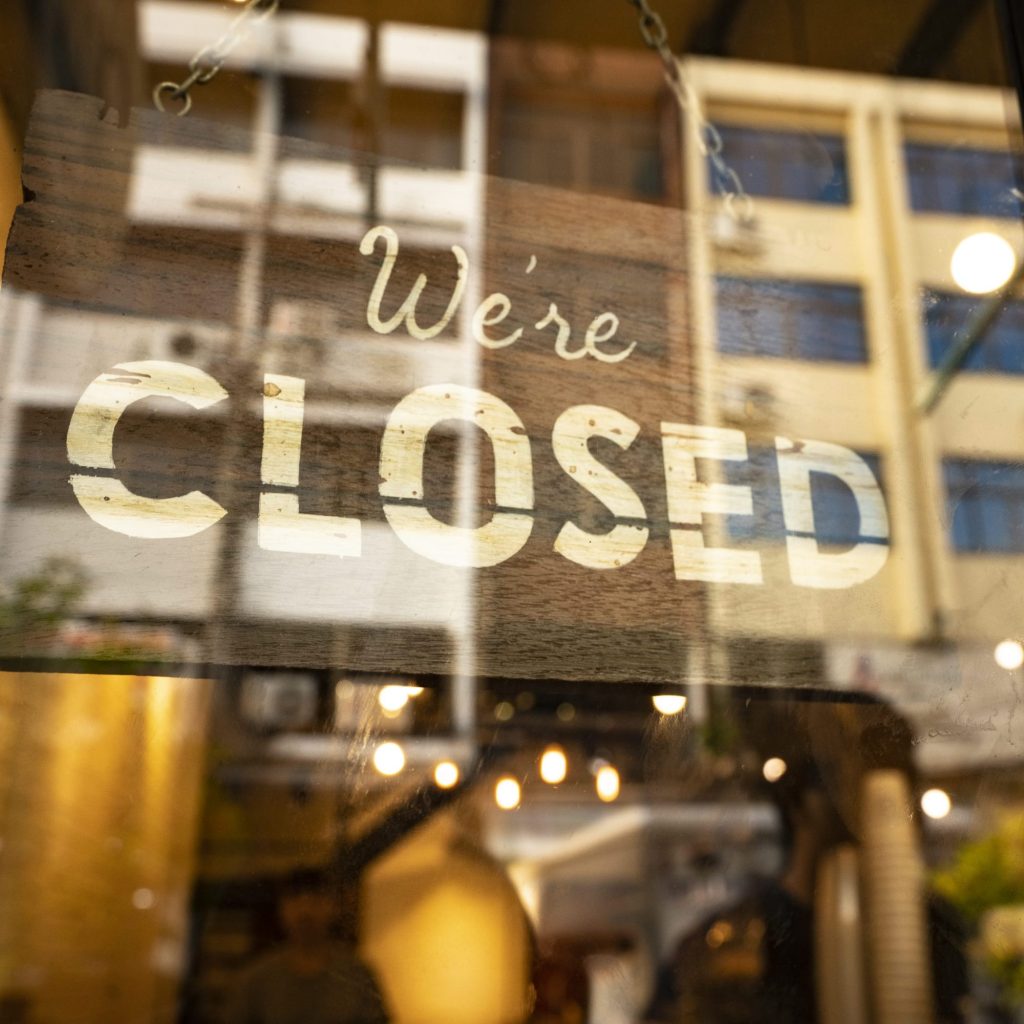States across the country are starting to open up after a few months of stay-at-home orders, and a new study from the University of California, Berkeley, suggests that such safety measures significantly prevented the spread of the novel coronavirus (COVID-19). Researchers examined six countries – China, the United States, France, Italy, Iran, and South Korea – and estimated how 1,717 policies on the local, regional, and national levels like travel bans, stay-at-home orders, and closures of businesses thwarted the spread of the virus. The results? Those countries managed to avoid 62 million confirmed cases of COVID-19, including 4.8 million in the US through early April.
Cumulatively, these policies prevented or delayed an estimated 530 million total infections of COVID-19 across those six countries and 60 million in the US alone, as many infections are not formally diagnosed, which was especially true in the beginning of the pandemic. This study used US stats from March 3 to April 6.
“Our results suggest that ongoing anti-contagion policies have already substantially reduced the number of COVID-19 infections observed in the world today. . . . The magnitudes of these impacts partially reflect the timing, intensity, and extent of policy deployment (e.g., how many localities deployed policies), and the duration for which they have been applied,” reads an early version of the study, published by Nature.
Without the restrictions put in place by these countries, the Berkeley researchers estimated that the early infection rates of COVID-19 would have grown 43 percent per day on average across the six countries and 34 percent per day in the US. This implies that the number of infected people would have doubled around every two days, the study states.
The US has 1.9 million confirmed COVID-19 cases so far and has surpassed the 100,000 death toll. This study does not estimate how many deaths might have been prevented. However, the researchers noted that their findings may help inform “whether or when these policies should be deployed, intensified, or lifted,” adding that “they can support decision-making in the other 180+ countries where COVID-19 has been reported.”
According to CNN, Professor Solomon Hsiang, director of the Global Policy Laboratory at the University of California, Berkeley, said in a press release, “There have been huge personal costs to staying home and canceling events, but the data show that each day made a profound difference.”
Related: If We Get a Second Wave of Coronavirus, Here’s When to Expect It – and How to Stay Safe

